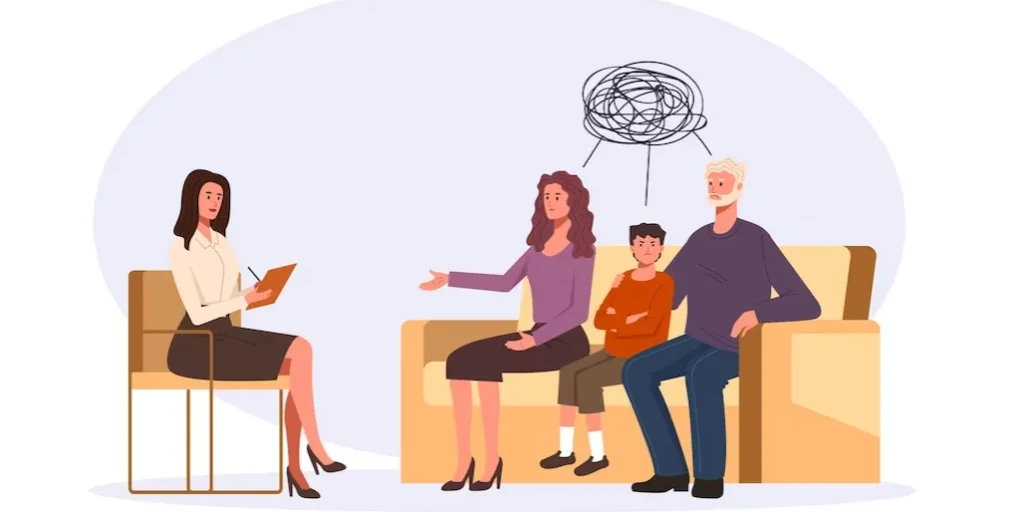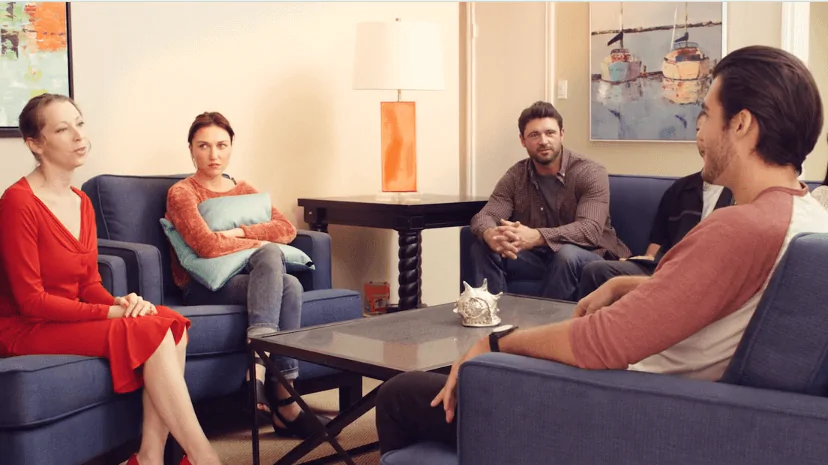24/7 Helpline:
(866) 899-111424/7 Helpline:
(866) 899-1114
Learn more about Dual Diagnosis Rehab centers in Evansville
Dual Diagnosis Rehab in Other Cities

Other Insurance Options

American Behavioral

Evernorth

Optum

State Farm

Aetna

Self-pay options

Access to Recovery (ATR) Voucher

Molina Healthcare

Sutter

Oxford

Magellan Health

MVP Healthcare

Group Health Incorporated

MHNNet Behavioral Health

Meritain

Health Choice

Covered California

Kaiser Permanente

GEHA

Ambetter



























